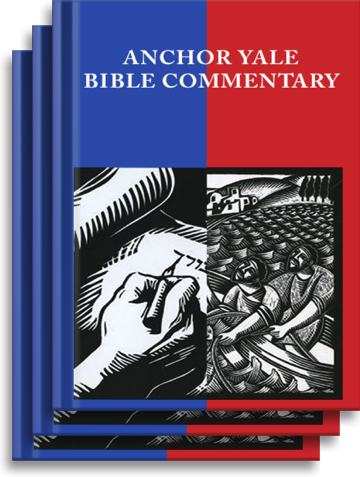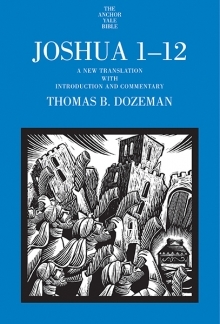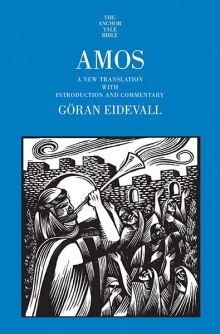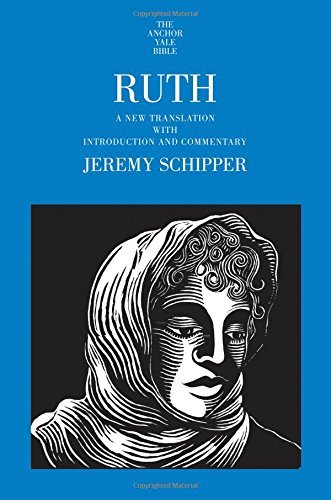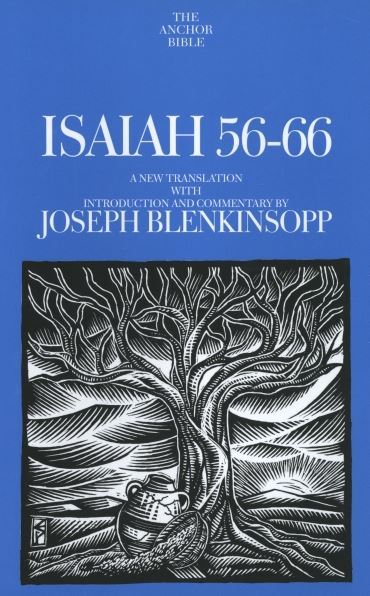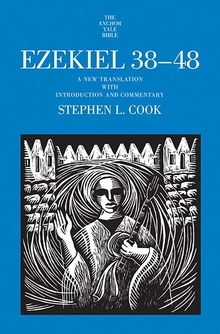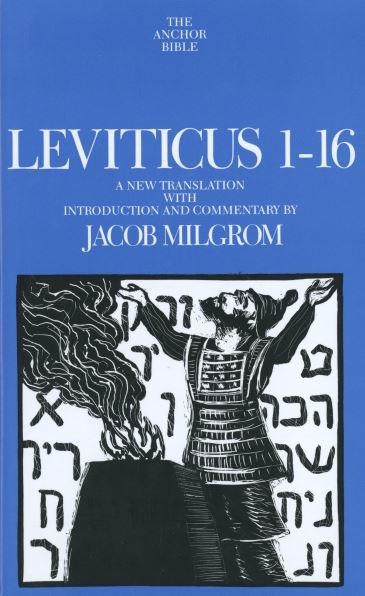


Anchor Yale Bible Commentary: Joel (AYB)

Anchor Yale Bible Commentary: Joel (AYB)
Scripture scholar James L. Crenshaw captures the ominous, yet hopeful spirit of Joel's prophecy in his new translation and commentary.
Joel's Prophecy has an unexpectedly familiar ring to it. The biblical book of Joel is relevant to our late-twentieth-century world because it confronts an age when people tolerated almost anything, did not want someone telling them how to live their lives, and had difficulty distinguishing right from wrong. It was at once a time of self-indulgence and a time of spiritual decay. The economic and political disparity of the day, combined with widespread social injustice and deviant religious practices, brought about God's judgment on his chosen people, the Judahites. Pleading the litany of sins in Joel is like reading the newspaper; things have not changed much in 2,500 years. Leading Scripture scholar James L. Crenshaw's fresh translation of the biblical prophecy of Joel combines the latest research into Hebrew language and literature with down-to-earth insights into how Joel's words relate to the modern world. Drawing upon a thorough analysis of the book's grammar and philology, literary forms and context, religious and social situation, and historical setting, Crenshaw offers the most informed and up-to-date commentary available. For those who want to read and understand Joel, this book is indispensable.
THE ANCHOR YALE BIBLE COMMENTARY SERIES is a project of international and interfaith scope in which Protestant, Catholic, and Jewish scholars from many countries contribute individual volumes. The project is not sponsored by any ecclesiastical organization and is not intended to reflect any particular theological doctrine.
The Anchor Yale Bible is committed to producing commentaries in the tradition established half a century ago by the founders of the series, William Foxwell Albright and David Noel Freedman. It aims to present the best contemporary scholarship in a way that is accessible not only to scholars but also to the educated nonspecialist. Its approach is grounded in exact translation of the ancient languages and an appreciation of the historical and cultural context in which the biblical books were written supplemented by insights from modern methods, such as sociological and literary criticism.
